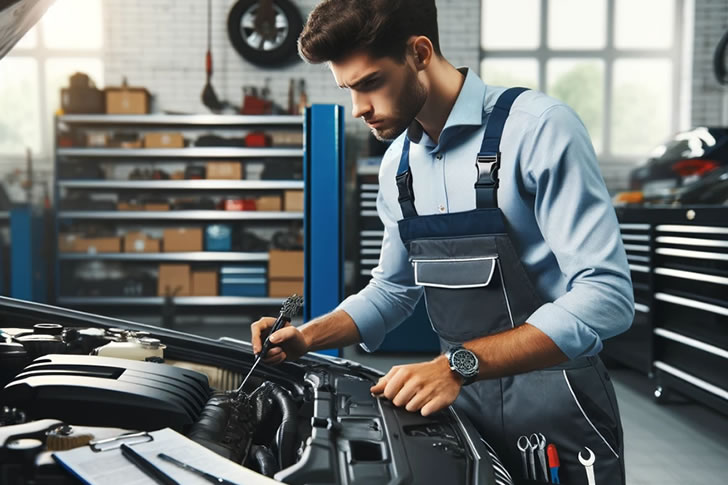Repossessed Car Purchases: What You Need to Know
Buying a repossessed car can help you get a vehicle under market value. Lenders auction these cars off at reduced prices when owners default on payments. Understanding this process can help you find a good deal without overspending.

Understanding Repossession and Its Benefits
Repossessed cars come from owners who have defaulted on their loans. Consequently, lenders, usually banks or credit unions, take back the vehicles to recover the loan balance. Since storing and maintaining these vehicles is costly, lenders aim to sell them quickly, which can lead to lower prices at auction.
Where to Find Repossessed Cars
Repossessed cars are typically sold through public auctions, which are often listed by financial institutions, auction houses, or local government agencies. Many auction houses also list their inventory online, providing an opportunity to browse available vehicles before attending in person. Additionally, some websites specialize in listing repossessed vehicles, providing another resource for potential buyers.
Preparing for a Repossessed Car Auction
Before attending an auction, it’s crucial to prepare adequately:
- Budgeting: Establish a clear budget, including potential repair costs.
- Investigation: Investigate the types of vehicles that will be at the auction. Understanding market values will help you bid wisely.
- Inspection: Arrive early at the auction to inspect the car. While you might not be able to drive the vehicle, you can check for obvious signs of wear and tear.
- Bidding: Set a maximum bid for yourself to avoid getting caught in a bidding war.
The Bidding Process
The excitement of an auction can be overwhelming, so it’s important to remain focused. Stick to your predetermined budget and keep in mind the vehicle’s condition and market value. Often, auctions are fast-paced, so making quick, informed decisions is essential.
Potential Downsides
While buying a repossessed car can be economical, there are risks. Vehicles may come with hidden damage or maintenance issues since previous owners might have neglected upkeep due to financial constraints. It’s also rare for repossessed cars to come with a warranty, placing the onus of repair on the buyer.
Financial Considerations
It’s worth noting that financing options for repossessed cars might be more limited. Some lenders might be hesitant to finance cars with an unclear history or potential issues. Therefore, having ready cash or pre-approved financing can give you an advantage.
Conclusion
Buying a repossessed car offers a chance to own a vehicle at a reduced cost. However, it requires diligence, investigation, and preparation. By understanding the auction process and assessing the vehicle’s condition thoroughly, you can make a well-informed decision that aligns with your financial and personal needs.







Recent Comments